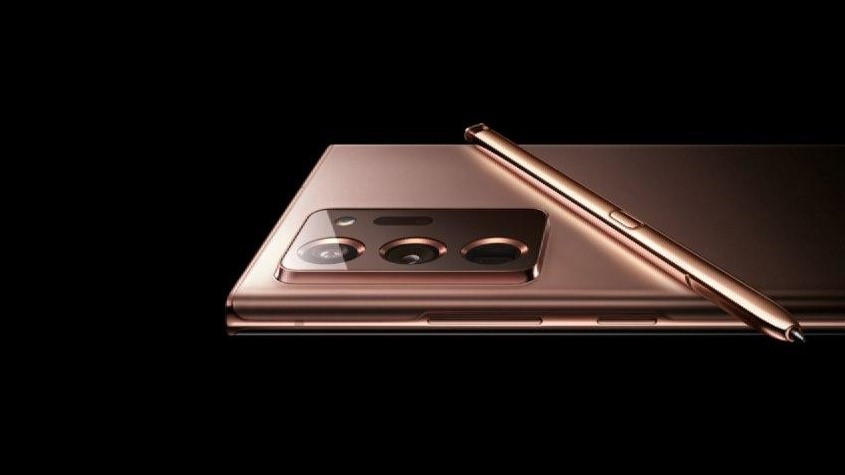
- The new Galaxy Note 20 phones might retain the Exynos 990 chip.
- Meanwhile, some markets are expected to get the Snapdragon 865 Plus variants of the flagships.
- This could further increase the performance gap between Exynos and Snapdragon Samsung phones.
The Galaxy Note 20 series will be the latest and greatest from Samsung when it’s announced on August 5, at least in some markets. With the launch of the overclocked Snapdragon 865 Plus, the Galaxy Note 20 duo is expected to bring faster performance on paper compared to the S20 line. However, a fresh rumor suggests that might not be the case in every country where the new Notes are sold.
According to tipster Max Weinbach, there are no references to any new chip besides the Snapdragon 865 Plus in the firmware of One UI 2.5; Samsung’s custom Android skin expected to debut with the Note 20 series. He goes on to say that the Exynos versions of the Galaxy Note 20 and Note 20 Ultra will continue using the Exynos 990 chip, the same as the Galaxy S20 line in markets outside of the US.
This might not go down well with Samsung fans who’ve probably been expecting a performance boost on the new flagships. It was previously rumored that Samsung might use a more powerful SoC — the Exynos 992 — on the Galaxy Note 20 series. The new chipset is believed to be based on Samsung’s 6nm fabrication process. However, Weinbach now calls these rumors “far-fetched.� So users might be stuck with the Exynos 990 in countries like India, while those in the US would most likely enjoy the new Snapdragon 865 Plus.
Exynos vs Snapdragon Galaxy Note 20: Why does it matter?
When we compared the Exynos Galaxy S20 Plus against its Snapdragon counterpart, the latter clearly had an upper hand over the former in terms of performance. You can now expect this performance gap to grow between the Exynos and Snapdragon variants of the Note 20.
Related: Samsung Exynos processor guide: Everything you need to know
Besides the obvious performance difference, Exynos-powered S20 phones also had problems with things like autofocus, heating, and display tint. Samsung did fix those problems in subsequent software updates but they added insult to injury for users who already felt that they were dealt an unfair hand with the underperforming Samsung chips.
So to get that same Exynos 990 chip on newer Samsung flagships might not inspire a lot of confidence in Galaxy Note 20 buyers. Unless Samsung has managed to tweak performance with some software magic. We’ll just have to wait and watch to see how the Exynos and Snapdragon Note 20 models compare when they launch.
More posts about Samsung







